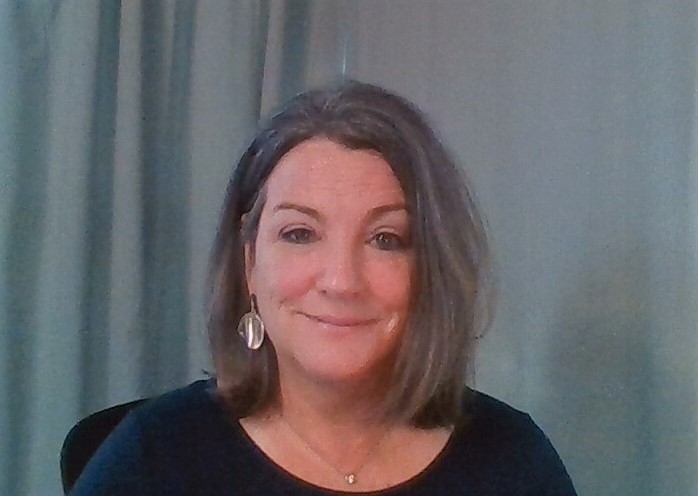 Sharon Bell
Sharon Bell
Sharon has 20 years of direct care, management, and executive leadership experience with behavioral health, substance use, child welfare, and early education providers delivering services in the Carolinas. She has spent the last three years in the public sector working with the University of North Carolina at Chapel Hill as a contractor for the North Carolina Division of Mental Health/Developmental Disabilities/Substance Use Services and currently as the Child Behavioral Health Manager for the North Carolina Division of Child and Family Wellbeing. Sharon has a bachelor’s degree in Child Development and Family Relations from East Carolina University and an MBA from Queens University of Charlotte
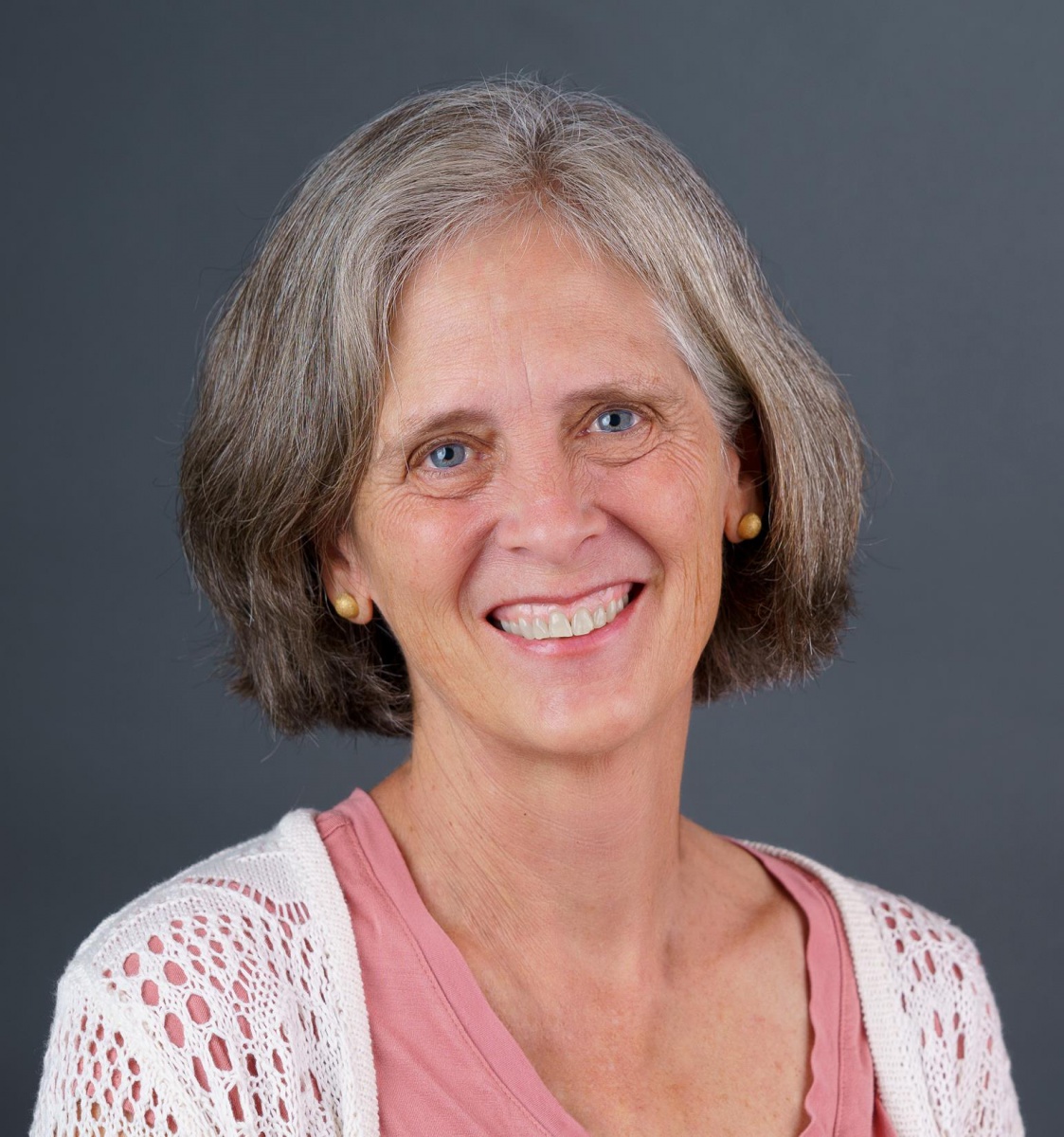 Mebane Boyd
Mebane Boyd
Mebane served for over 20 years in a variety of leadership roles in non-profit organizations in Wilmington NC such as the Domestic Violence Shelter, the Children's Museum and Smart Start of New Hanover County. She was tapped to lead the New Hanover Resiliency Task Force in 2018 which brought together over 100 organizations and more than 600 individuals to reduce ACEs and build a compassionate community. Following Hurricane Florence, Mebane was selected to be the community champion for New Hanover County for its work with the National Center for Disaster Preparedness to ensure that children's unique needs are considered in disaster planning. Since April 2021, she has filled the role of the Resilient Communities Officer at the NC Partnership for Children, learning from and building the capacities of the numerous multi-sector community coalitions across the state to build trauma-informed, healing-centered communities. Mebane is married to her husband of 37 years and has two adult children. In her free time, she enjoys reading, walks on the beach, puzzling and playing mah jongg
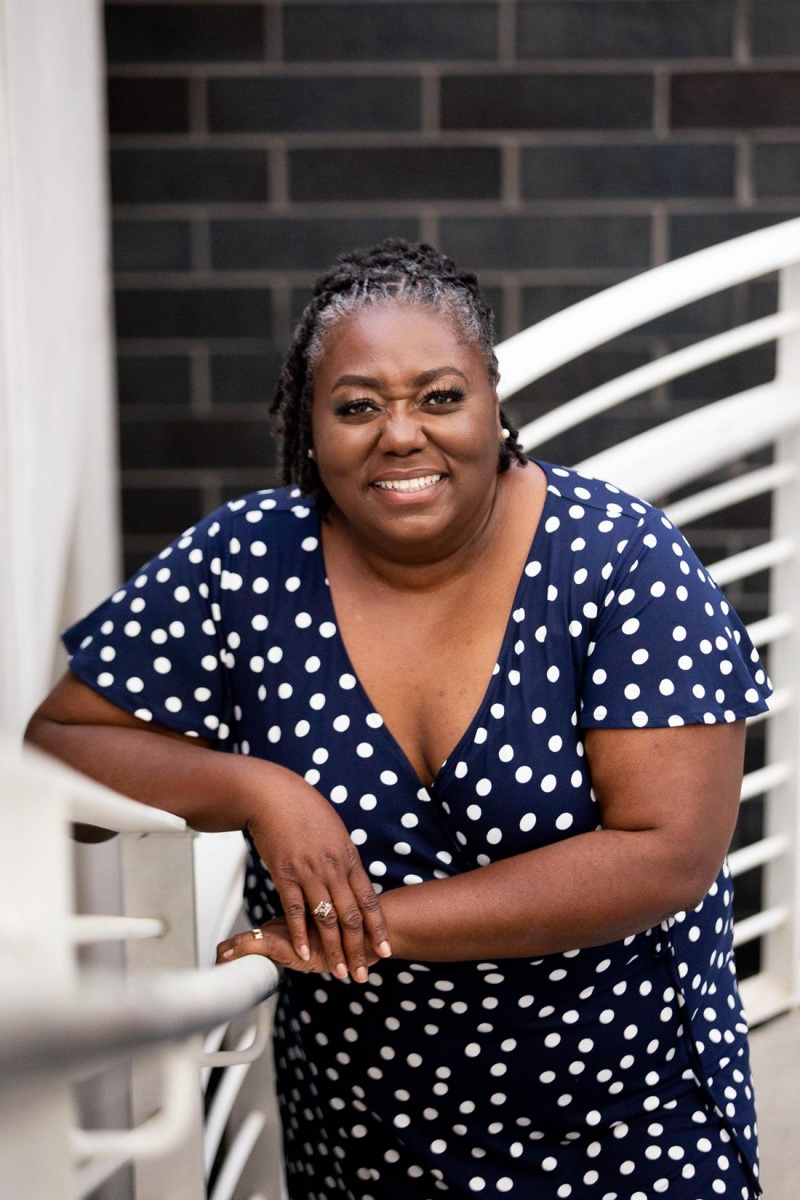 Ruby Brown-Herring
Ruby Brown-Herring
Ruby is the CEO of RBH Wellness Solutions, where she assists businesses, government agencies and nonprofits with creating employee well-being strategies that support mental health at work while improving belonging, engagement, and retention. In addition, she provides project management for local, state, and national initiatives. Ruby holds a Bachelor of Social Work from UNC Wilmington and a Master of Education in Student Personnel Services from the University of South Carolina. She has over 20 years of experience in program management, adult, continuing and higher education. She is a collaborative leader always looking to connect with organizations that need a subject matter expert on wellness to step in and build the foundation for a healthier workforce. She is also recognized as a state and national leader in corporate wellness and community mental health education. Ruby lives in Raleigh, NC with her husband and is the mother of college age twin daughters, both of whom have lived experience with mental health challenges. In her free time, she enjoys hanging out with her family and singing
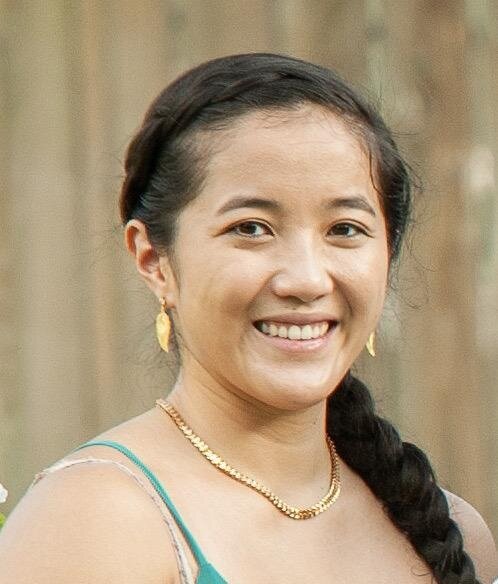 Audrey Chow
Audrey Chow
Audrey Chow is an Associate Consultant with a diverse background in project management, operations, and human capital development. With a focus on learning and development, performance management, leadership development, change management, and process improvement. Audrey has honed her expertise in creating people-first environments that empower individuals to flourish. Audrey has an unwavering dedication to intersectional racial justice work and passion for empowering communities and individuals. In her journey as an Organization Development Practitioner, Audrey has honed her skills in building and nurturing cohorts, understanding that cohesive teams lead to powerful collective action. With a strengths-based approach, she leverages the unique contributions of each member, ensuring that the organization flourishes as a unified force for change. Her remarkable ability to bridge gaps between different stakeholders, exemplifies her commitment to creating lasting social impact. Education plays a crucial role in Audrey's journey as an Organization Development Practitioner. She holds a Bachelor's degree in Psychology and Sociology from Southern Methodist University, which provided her with a strong foundation for understanding human behavior in organizational settings. Audrey further pursued her passion for leadership and conflict resolution by earning a Master's degree in Negotiation and Conflict Resolution with a concentration in Organizational Leadership from Creighton University. Currently, Audrey is pursuing her PhD in Organizational Psychology, deepening her knowledge and expertise in the field. Driven by a belief in the power of strengths-based approaches, Audrey strives to create systems that enable human flourishing within organizations. Her focus on developing people's strengths and talents ensures that individuals can thrive in their roles, leading to improved performance and organizational success.
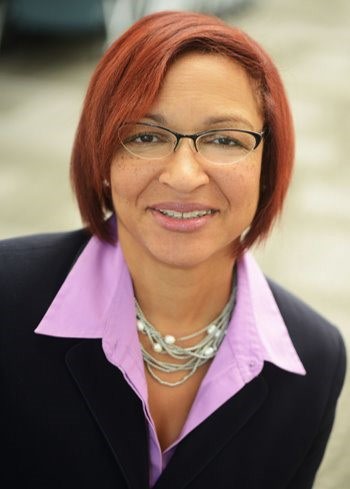 Yvonne Copland
Yvonne Copland
Yvonne Copeland is the first Director for the newly established Division of Child and Family Well-Being (DCFW) within NCDHHS which brings together health, behavioral health, early development, and social programs that support children and families using a whole-person approach. Yvonne provides strategic direction and oversight for 1000+ employees in the operation of programs within DCFW’s portfolio including Whole Child Health, Early Intervention, Community Nutrition Services, and Food and Nutrition Services.
Yvonne has over 30 years of strategy, policy, operations, and change management experience in public-sector health and human services. As SVP, of Operations for a multi-state Quality Improvement Organization, she led all federal and state service lines (population health, external quality review, utilization management, and program integrity). As VP of Community Operations for a managed care organization, Yvonne worked to strengthen the behavioral health service delivery system, to increase access to services, improve outcomes, and reduce unnecessary health care costs. As Executive Director for a trade association for public-sector managed care organizations, she led the organization through two major system transformations over a decade that led to a statewide IDD and behavioral health waiver to increase Medicaid beneficiaries’ access to services, expand the provider network, improve beneficiary outcomes and provide budget predictability and savings for the state.
Yvonne is a graduate of Meredith College with a Master of Business Administration from Meredith College and Rutgers University with a Bachelor of Arts in Statistical Research Methods/Sociology.
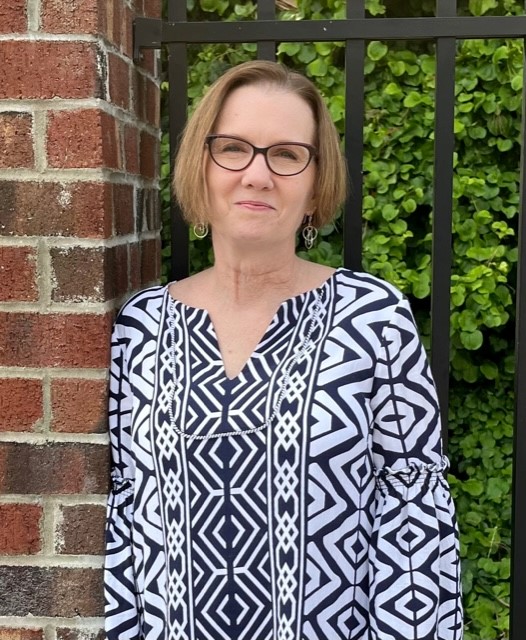 Stacie Forrest
Stacie Forrest
Stacie Forrest is a Child Mental Health Program Consultant on the Child Behavioral Health Unit at the NC DHHS – Division of Child and Family Well-Being. Stacie is the Contract Administrator for the NC Psychiatry Access Line (NC PAL) statewide expansion and the state contracted Family Partner Organization and is part of the System of Care (SOC) state team. Prior to her work at DCFW, Stacie worked as a Mental Health Program Coordinator on the Customer Service and Community Rights Team, NC Division of Mental Health/Developmental Disabilities/Substance Use Services. She has worked with DHHS for the last 11.5 years. Stacie has been a Licensed Mental Health Clinical Counselor (NCMHC) since 2002. Prior to work at DHHS, she worked for 28 years in the Human Service field within private community service agencies in NC, South Carolina DHHS, and CPS/Foster Care with a NC County Mental Health Center.She received her Master’s degree in Clinical Counseling from Webster University and her Bachelor’s degree in Psychology from N.C. State University. She is passionate about her work with children and adolescents’ mental health, increasing access to services, and family and youth voice in their own treatment, policy development, and advocacy.
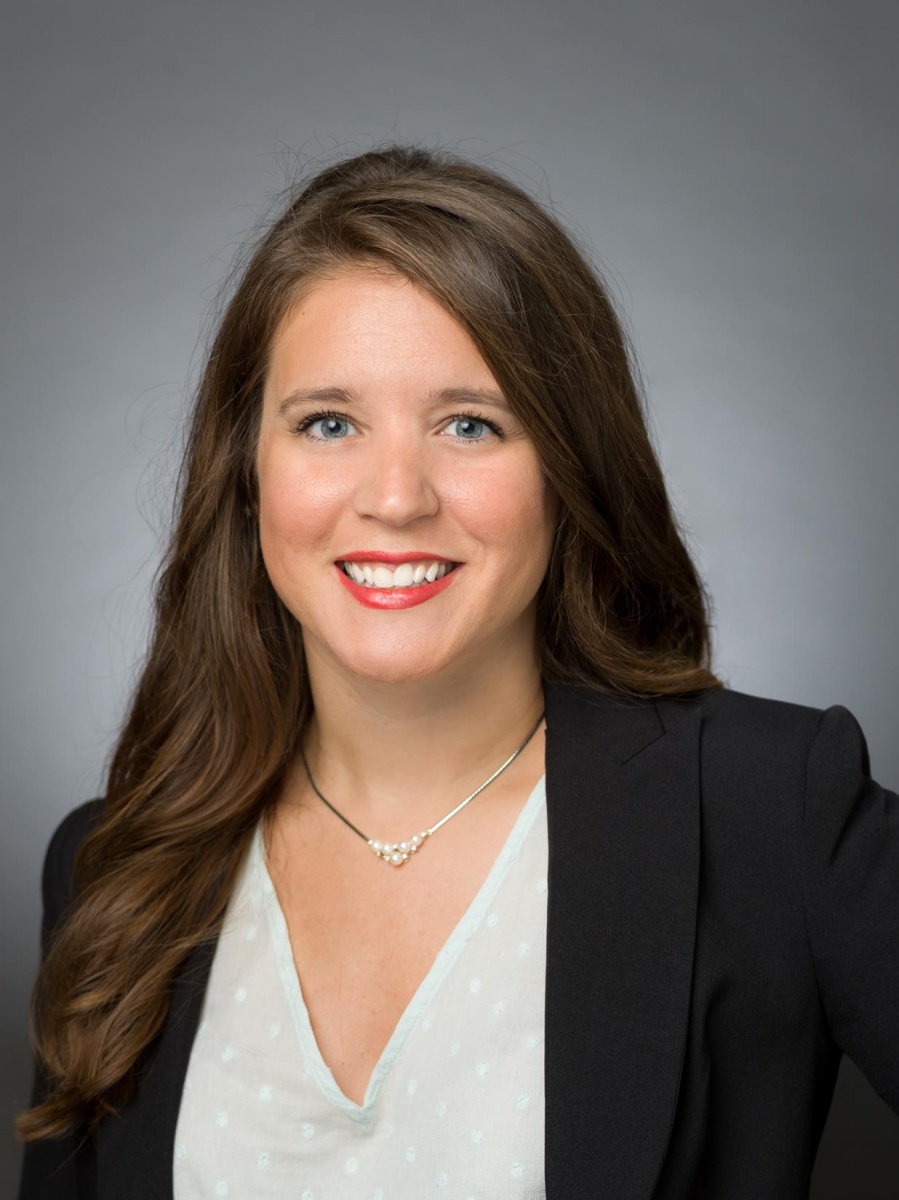 Morgan Forrester
Morgan Forrester
Mrs. Morgan Forrester Ray is the Director of the EarlyWell Coalition at NC Child. This multi-year initiative aims to strengthen and expand the state’s early childhood mental health system while the state is undergoing Medicaid transformation to managed care. Under her leadership, the initiative aims to improve the social-emotional health of children birth through eight by ensuring that infants and young children with mental health challenges can get the services they need. Mrs. Ray is a systems thinker, rooted in creating equitable systems for all. Her vision is an early childhood mental health system that is effectively coordinated across sectors to meet the needs of North Carolina’s young children and their families. She is a multi-skilled program administrator with experience in government, for-profit, and non-profit sectors. Mrs. Ray began her career in Kentucky as a Case Manager for Early Intervention, working with children birth through three and their families. During this time, she learned the ins and outs of the IDEA Part C and the unique challenges facing families and young children. Since her arrival in North Carolina, Mrs. Ray has worked for systemic change. She previously worked at the North Carolina Partnership for Children, Smart Start Network, on the Race to The Top – Early Leaning Challenge grant to enhance the early childhood developmental screening and services system in North Carolina. She then went on to work at the North Carolina Division of Social Services, where she managed the North Carolina Children’s Trust Fund. Mrs. Ray received her undergraduate degree in Social Work, and her Master’s degree in Social Work with a concentration in Community, Management, and Policy Practice from the University of North Carolina at Chapel Hill.
 Michelle Franklin
Michelle Franklin
Dr. Michelle Scotton Franklin, PhD, APRN, PMHNP-BC, FNP-BC, CNS is an Assistant Professor in Psychiatry and Behavioral Science at Duke School of Medicine and core faculty with the Duke-Margolis Center for Health Policy specializing in intellectual and/or developmental disabilities (IDD). Dr. Franklin is a key leader of the North Carolina – Psychiatry Access Line (NC–PAL). She is the lead facilitator of the NC–PAL IDD Team which is responsible for designing and implementing an intervention to equip pediatric primary care providers and clinical teams across North Carolina with training on best practices, clinical consultation, and resource navigation support to provide high-value care to children with IDD and their families. Her primary objective is to improve the health and well-being of people with IDD and their families through developing and implementing interventions and health policy solutions. Dr. Franklin is committed to fostering inclusive, accessible healthcare environments and partnering with the IDD community to co-lead efforts for optimizing functioning and achieving health equity.
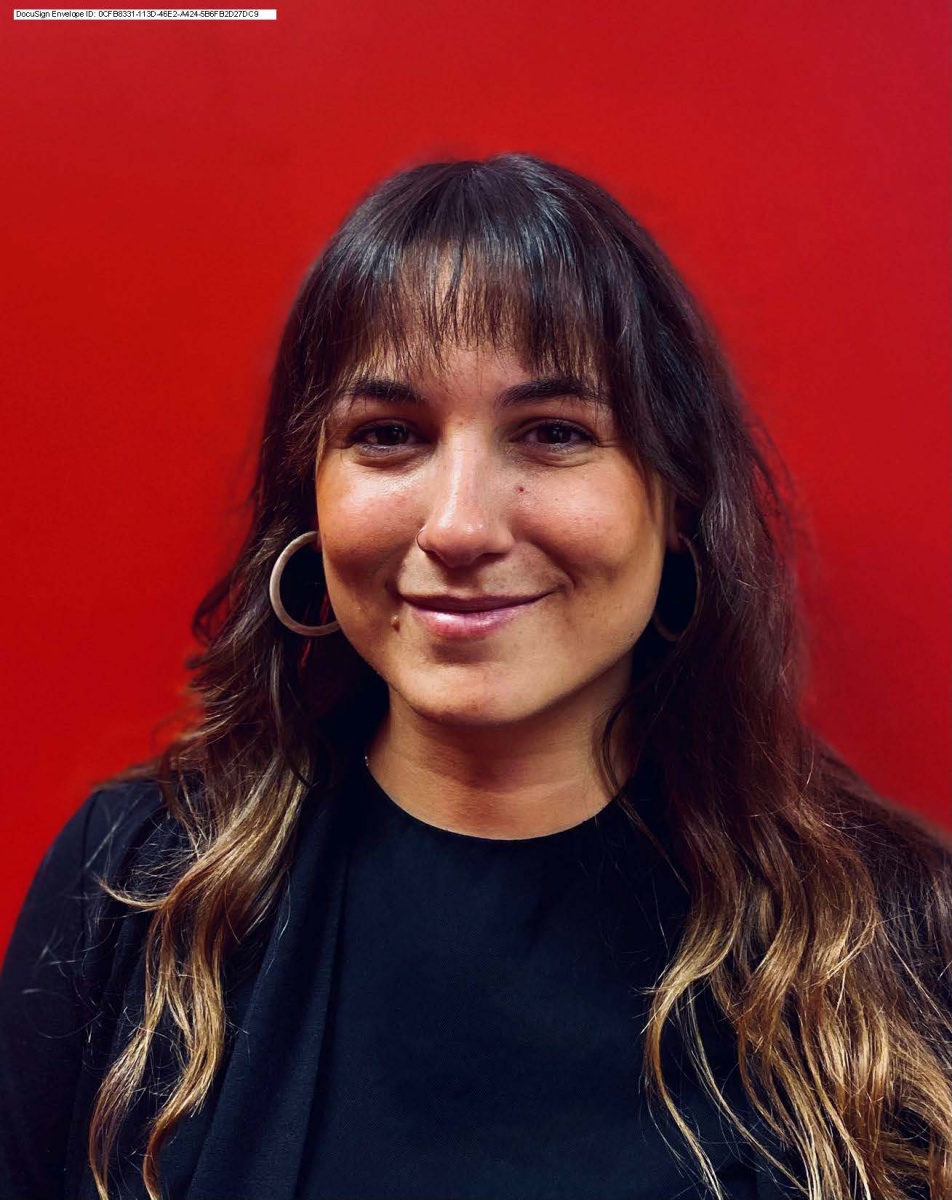 Jessica Frisina
Jessica Frisina
Jessica Frisina is a dedicated professional currently serving as the Foster Care Coordinator within the NC Division of Social Services. With a strong belief in the power of diverse perspectives, especially those with lived experience, Jessica strives to foster collaboration and drive essential change for children, youth, and families affected by the child welfare system. Jessica completed her Bachelor of Arts in Applied Sociology and Criminology at Lenoir-Rhyne University. She obtained her Master of Social Work from the University of North Carolina at Charlotte. Jessica's career began in 2013 as a Child Protective Services Investigations worker at Wake County Human Services. During this time, she discovered her true passion for working with families impacted by the foster care system, leading her to become a Foster Care Social Worker in 2014. From 2017 to 2021, she was a Placement Specialist at Children's Home Society of NC, providing comprehensive permanency services to licensed foster and kinship families, including therapeutic foster care. Drawing from her extensive experience in both public and private sectors, Jessica developed a deep focus on macro systems-level permanency planning. In 2021, she joined the state Department of Social Services, where she plays a pivotal role in analyzing, evaluating, developing, and interpreting child welfare policy, with a particular emphasis on permanency planning. Additionally, Jessica actively engages in providing technical assistance and supervision for special initiatives related to permanency planning
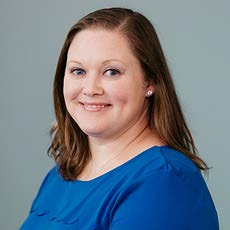 Felicia Gibson
Felicia Gibson
Felicia Gibson, Ph.D. is a licensed psychologist in Durham, North Carolina. She works at the Center for Child and Family Health (CCFH), a community non-profit and National Child Traumatic Stress Network (NCTSN) Category III site. Dr. Gibson is co-director of the Trauma-Informed Leadership Team (TILT) initiative, a partnership between CCFH and Durham Public Schools. Through this initiative, Dr. Gibson provides trauma specific training as well as on-going consultation and support to multiple schools across the district with the goal of tilting each schools practices to be more trauma informed. In addition to her work in schools, Dr. Gibson conducts comprehensive trauma-informed mental health assessments and treatment for children who have been adopted and provides evidenced-based treatments to address oppositional behavior, symptoms of traumatic stress, and attachment related concerns. With over 15 years of experience working in schools in Tennessee, Florida, and North Carolina, Dr. Gibson has a solid understanding of the education system and the importance of trauma-informed services for students and school staff.
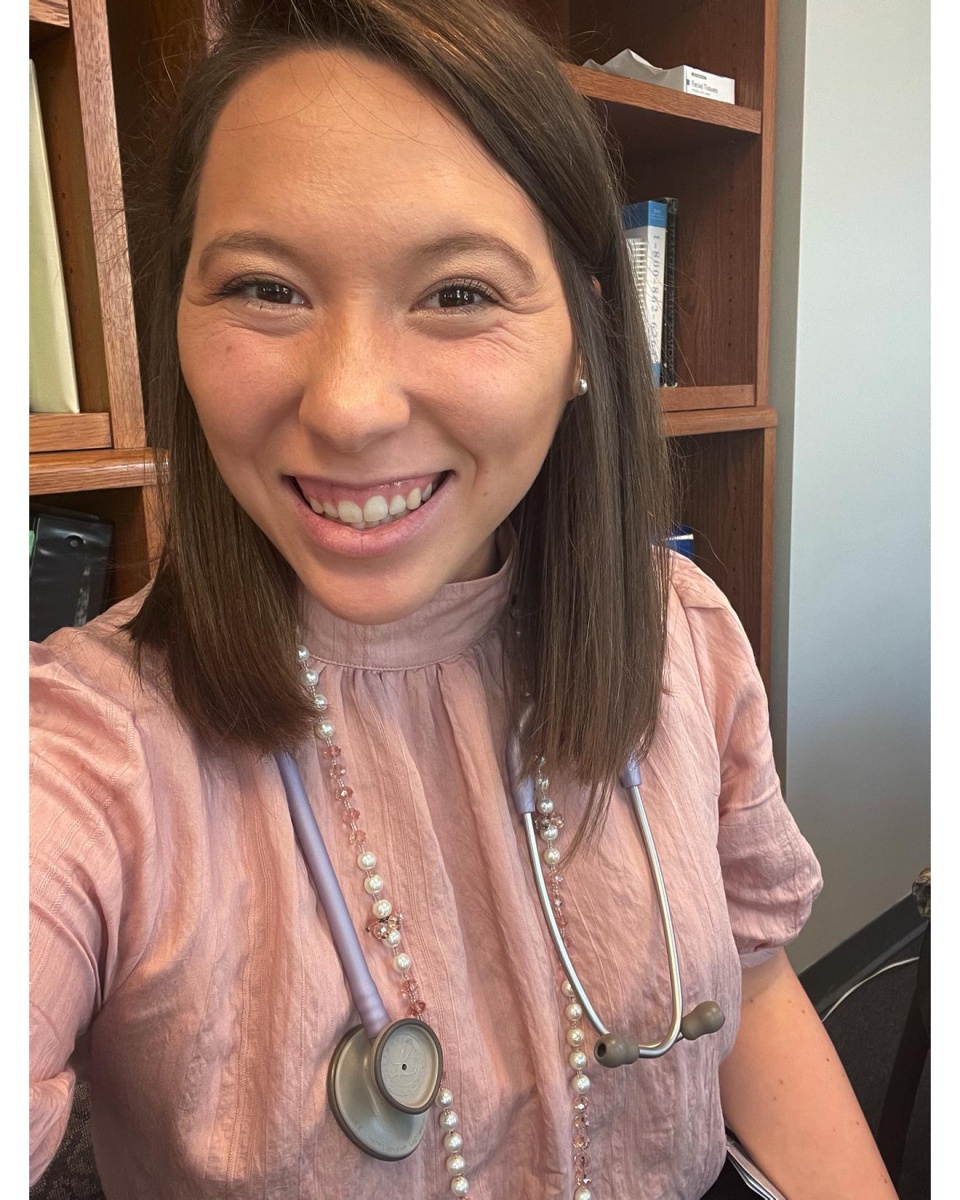 Savannah Henderson
Savannah Henderson
Savannah Henderson MSN, APRN, CPNP-PC, is a North-Carolina native Pediatric Nurse Practitioner who is part of department of Child and Adolescent Psychiatry at Duke and the NC-PAL (North Carolina Psychiatry Access Line) schools’ team. She obtained her master’s degree from Duke in 2021 and has continued her academic and career development through completion of Duke’s year-long Advanced Practice Provider Leadership Institute in May 2023 and continuing with her Doctorate in Nursing Practice Duke University, for completion in December 2023. Savannah has worked as a nurse for many years in a variety of clinical practice settings with the pediatric and adolescent population, with specific experience and focus on schools and adolescents. Savannah has a passion for the whole well-being of children with specific focus on their mental health. Savannah helped co-lead the NC-PAL School Behavioral Health Education and Consultation Program.
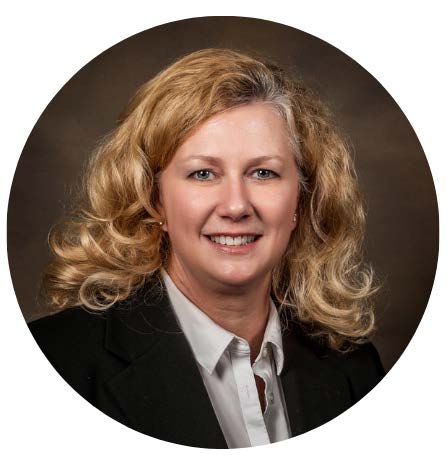 Jean Kerr
Jean Kerr
For 30 years, Jeannie Kerr has worked to meet the mental health needs of youth in both mental health and educational settings. After graduating from Meredith College, Jeannie worked on Capitol Hill as a Legislative Assistant gaining experience in policy and legislation development. After graduating with her Masters in Social Work from East Carolina University, Jeannie has worked as a licensed clinical social worker in public and private mental health settings and as a school mental health professional. Throughout her career, Jeannie has continually expanded her knowledge and skills in the treatment of mental health disorders, the effects of trauma, mental health wellness, and the development of social and emotional skills across the lifespan. Jeannie has provided grant oversight beginning with her work with TEDI BEAR: Children’s Advocacy Center in 1997 through her current position as Project AWARE Director for Nash County Public Schools. She is dedicated to advocating and supporting equitable mental health for all.
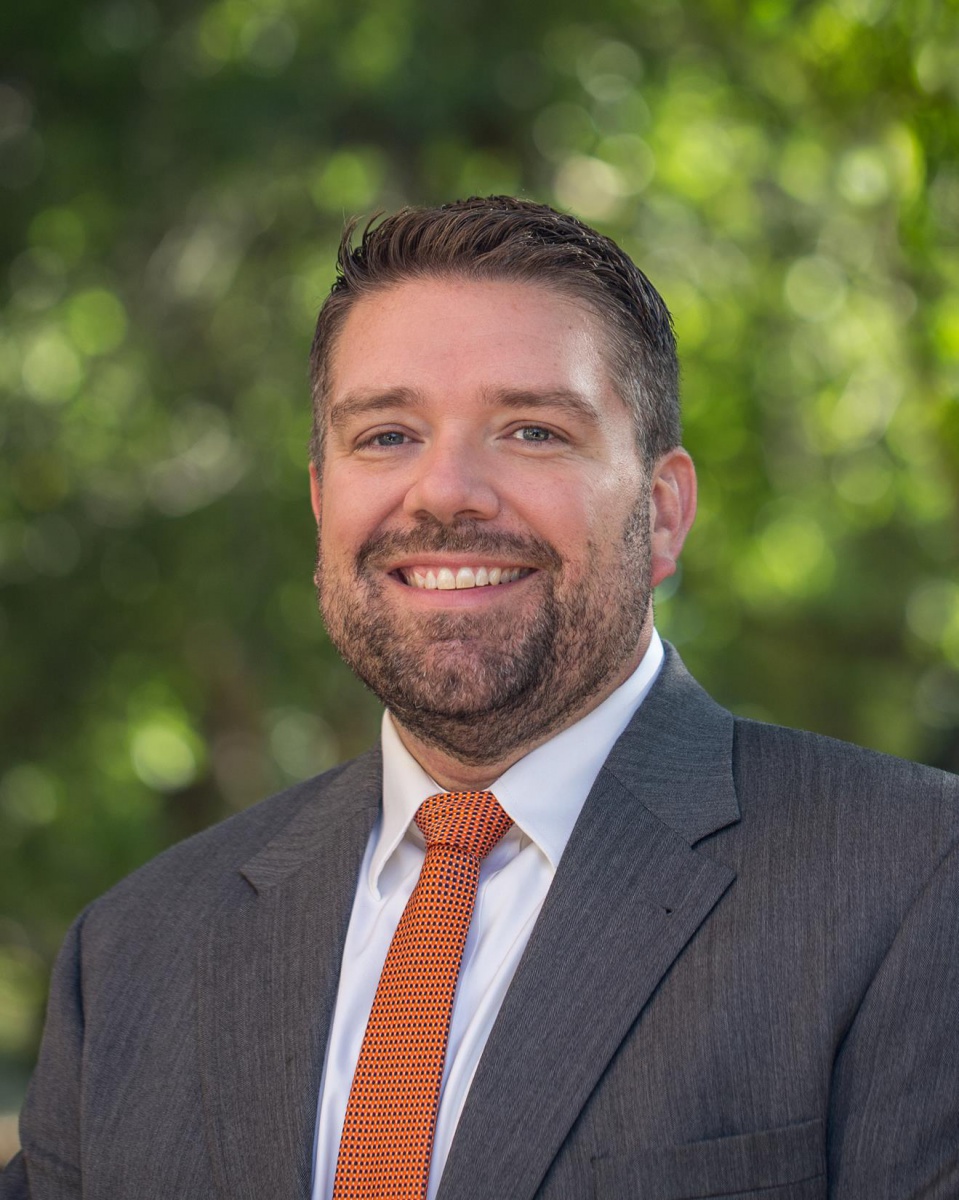
Paul Lanier
Paul Lanier, MSW, PhD is The Wallace Kuralt Distinguished Associate Professor in the School of Social Work at the University of North Carolina at Chapel Hill. He is the associate director of the Jordan Institute for Families and a research fellow at the Sheps Center for Health Services research. Dr. Lanier received his doctoral degree from the Brown School at Washington University in St. Louis and was a fellow with the national Doris Duke Fellowship for the Promotion of Child Well-Being. His research focuses on developing, evaluating, and scaling-up evidence-based prevention programs in child welfare, mental health, and early childhood systems. He has conducted studies with parenting support models such as Parent-Child Interaction Therapy (PCIT), the Triple P Positive Parenting Program, Circle of Parents, and several maternal and child health home visiting models. In addition to his focus on intervention research, Dr. Lanier also uses linked, multi-sector administrative data for policy analysis to improve child well-being. He is also a board member of the North Carolina Infant Mental Health Association.
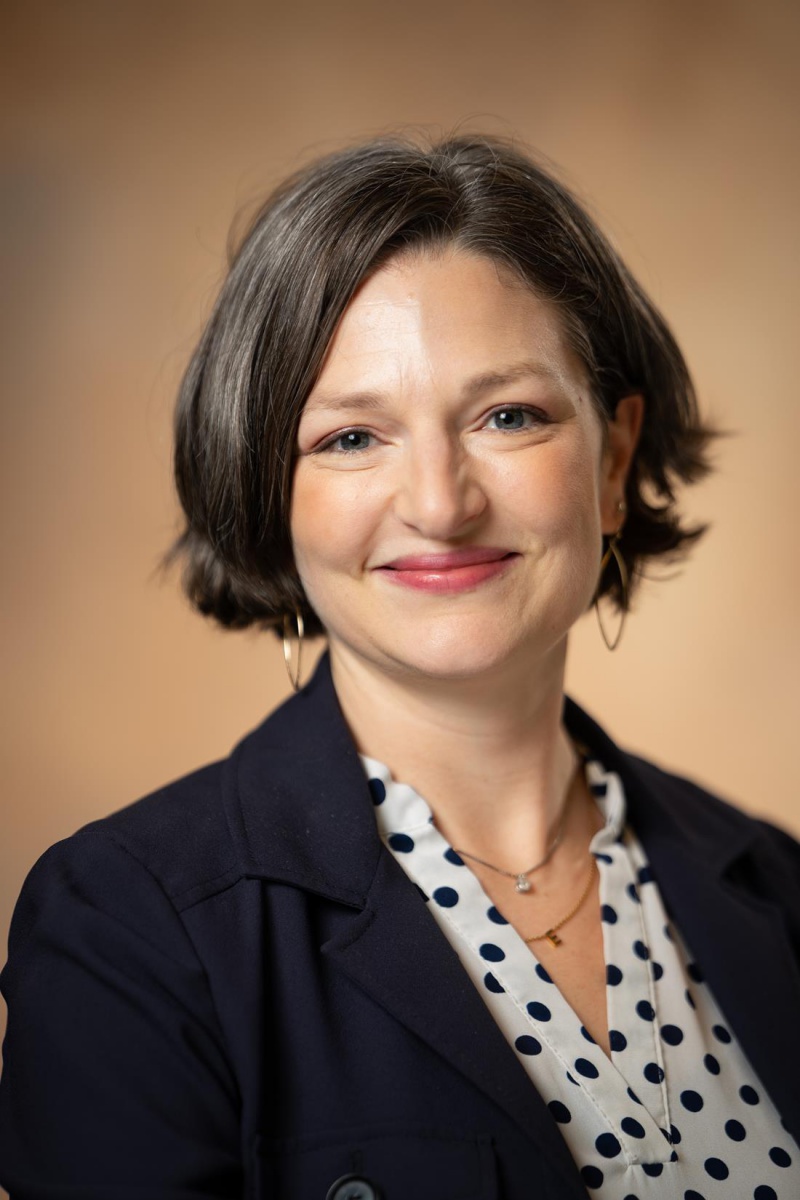
Kathleen Malley
Kathleen Malley, MEd, PhD is a Policy Analyst/Programmer/Data Manager at UNCSSW. Dr. Malley holds a masters in school counseling and her PhD in Educational Psychology, Measurement, and Evaluation. She has over fifteen years of research and evaluation experience in education, social services, and human development. She is the Project Manager for the Operation Polaris: Needs Assessment for School Well-being and Resilience for Students, Staff, and School Community project with the North Carolina Department of Instruction. She is also a co-investigator on the Creating Indicators and Improving Outcomes (http://ssw.unc.edu/ma), the Evaluation of the North Carolina’s Division of Social Services Social Work Course, and the Impact of Kinship Care on Promoting Academic Outcomes for African Americans: North Carolina Administrative Data projects. Previously, she was the Principal Investigator for the Formative Process Evaluation of the Community Aspirations Hub Pilot Project (https://communityaspirationshub.org/aspire/).
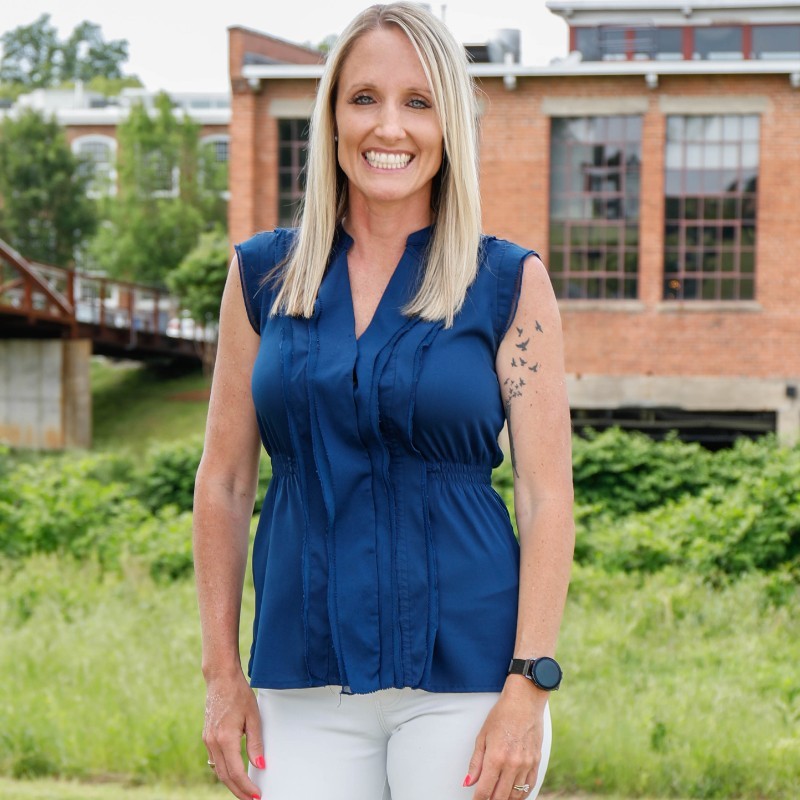
Laura Muse
Laura Muse serves as the Project AWARE Co-Director with the NC Division of Child and Family Well-Being Whole Child Health Section. She has worked more than 15 years in community mental health and is a Licensed Clinical Mental Health Counselor (LCMHC) and a Nationally Certified Counselor (NCC). Laura is trained and experienced in 5 evidenced based practices including Trauma Focused Cognitive Behavioral Therapy (TF-CBT), Child-Parent Psychotherapy (CPP), Attachment and Biobehavioral Catchup (ABC), Positive Parenting Program (Tripe P-level 4 & 5), and High-Fidelity Wraparound (Coach). She has a decade of experience with local and statewide grants. Previous SAMHSA grant experience includes project implementation, clinical support, education and training, and building community networks/collaborations. Laura holds a Bachelor of Science in Psychology and Criminal Justice from Guilford College and a Master of Science in Human Services with an emphasis in Agency Counseling from North Carolina Agricultural and Technical State University. She serves as a Check & Connect Student Engagement Intervention Model trainer.
 Judy Oyedele
Judy Oyedele
Judy Oyedele is an organization development practitioner and executive leadership coach with over a decade of experience supporting leaders across the public, nonprofit, higher education, public media, and tech sectors. Most recently, she's served as a DEI Leadership Coach to leaders in a top ranking public research university and medical center. Her specialty is supporting passionate and innovative leaders with breaking out of the status quo to create new systems grounded in impact, purpose, and integrity. Judy Oyedele is the founder and principal consultant of Joyedele Consulting, a culture and change consulting firm that specializes in bringing joy to the change process by enabling collaboration and creativity. Joyedele Consulting's approach combines human-centered design, the psychology of behavior change, and the principles of inclusion, diversity, equity, accessibility, and social justice (IDEAS). Judy is an alumni of The University of Texas at Austin (Hook'em), and holds a Master of Science in Organization Development from American University. She holds a graduate-level certification in Comprehensive Evidence-Based Coaching from Fielding Graduate University, and is an Associate Certified Coach through the International Coaching Federation. Judy resides in Silver Spring, MD with her husband, their cat, and a forever growing number of plants. In her spare time she enjoys playing in the dirt, making art, and watching college volleyball.
 Amy Petersen
Amy Petersen
Amy Petersen has worked in the nursing field for 30 years with clinical experiences in adult medicine, pediatrics, and mother/baby care. In 2009, she joined the public health workforce as a Child Care Health Consultant (CCHC) and worked for Wake County Human Services for 8 years serving child care centers and family child care homes. Since September 2017, Amy has served as the State Child Care Nurse Consultant and Regional CCHC Coach for 33 counties in eastern NC. She works at the Division of Child and Family Well-Being (DCFW) in the Whole Child Health Section, Child and Family Wellness Unit. The vision of DCFW is for children in North Carolina to grow up safe, healthy, and thrive in nurturing and resilient families and communities. In keeping with that vision, Amy is passionate about the social and emotional health and well-being of young children. She is trained as a Circle of Security Parenting Facilitator and is actively involved with the Attachment Network of NC, as well as the statewide efforts around Infant and Early Childhood Mental Health. Since November 2022, Amy has served as a board member for the NC Infant and Early Childhood Mental Health Association. In her role at the Division, she collaborates with early childhood stakeholders and advocates for the health and safety of young children and early educators in child care settings. She works very closely with the NC Child Care Health and Safety Resource Center to support child care health consultation in NC in her roles as a coach and instructor for the NC CCHC Course; as well as contributing to the development of the many resources and training materials made available to CCHCs working in the field. She holds a Bachelor of Science degree in Nursing from the University of North Carolina at Chapel Hill. Amy is a mom of three children and is thrilled about her growing family with the addition of two daughter-in-loves. She and her husband Chris live in Cary, NC.
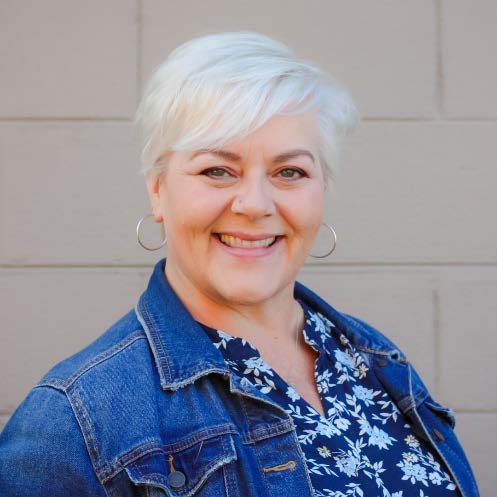 Christina Peterson
Christina Peterson
Christina Peterson serves as the Child and Family Health Manager at The North Carolina Partnership for Children (NCPC) where she works with those addressing social determinants of health and focusing on health equity, beginning at birth. She obtained her bachelor’s degree in child development from California State University, Fullerton and her Master of Education degree from the University of North Carolina, Wilmington. Prior to joining the NCPC team, Christina worked at the Partnership for Children of Johnston County where she focused on community systems building activities throughout the county focusing on including voices of families with lived experiences and children’s experiences beginning at birth. She believes there is a foundational need for child and family health, prioritizing prenatal and perinatal health of birthing parents and their young children. Outside of work, Christina enjoys time with her daughter and her cat.
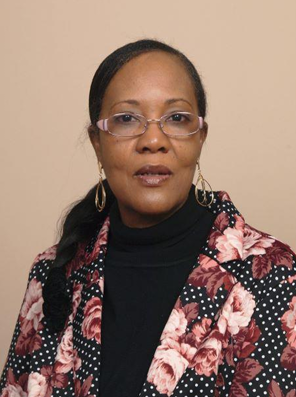 Uzama Price
Uzama Price
Dr. Uzama Price is a board-certified behavior analyst and a scholar-practitioner. She has over 17 years of experience working in the behavioral health field serving children and adults diagnosed with intellectual disabilities and co-occurring mental illness in North Carolina. Originally from Jamaica, she has lived in the United States for over 30 thirty years. Her educational background includes a doctorate in Education, and post-doctoral work in Psychology- Applied Analysis. Uzama spent three years as a research associate on the Developing Gratitude Study at the University of NC- Greensboro. She develops training content to support workforce development efforts in Canada, Jamaica, NC, and across the United States. In 2021 she won the NADD Member of the Year Award. In May 2023 she won the Partner Award at the Center for START Services, National Training Institute, Austin Texas. She is the co-chair of the specialist committee for the NADD, and an advisory council member for Elevatus Training – the premier provider of educational content to support sexuality education for the IDD population.
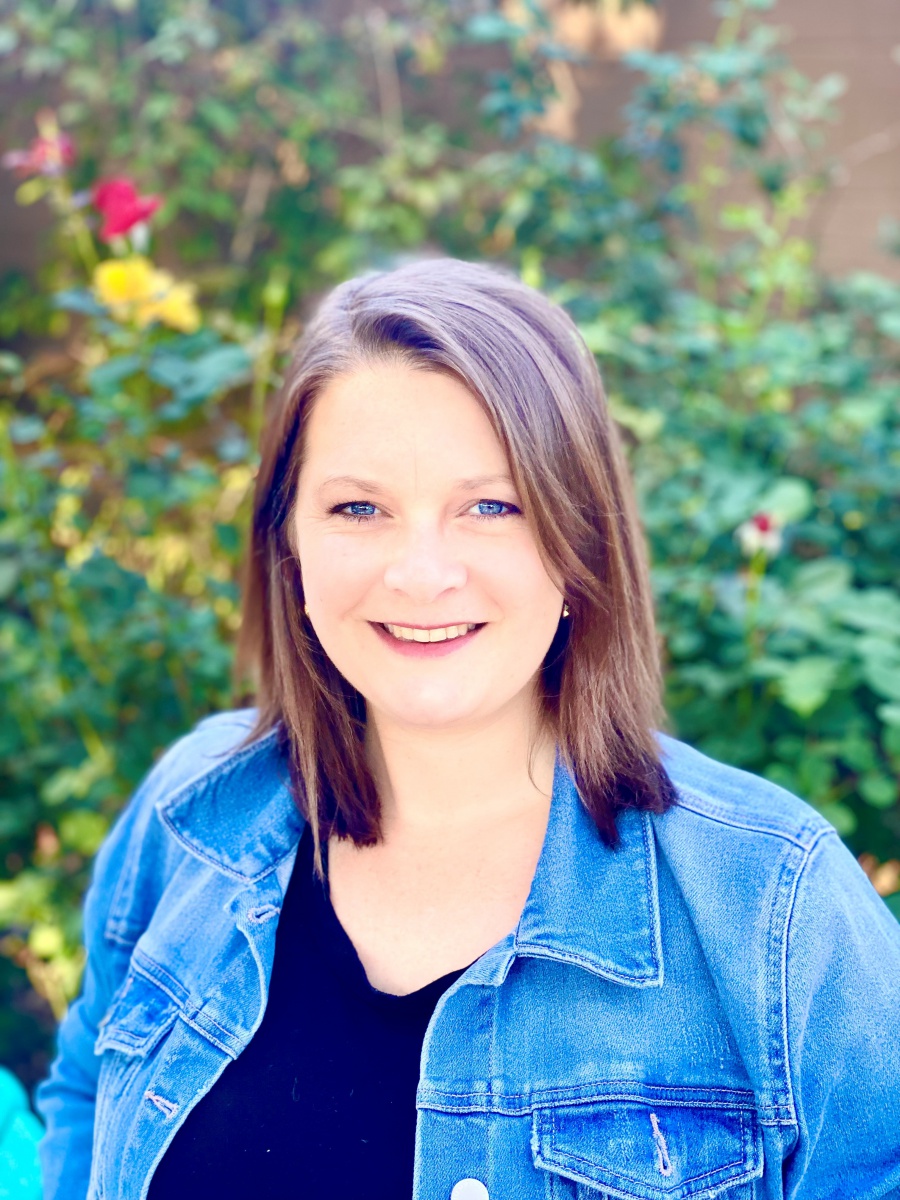
Maggie Robbins
Maggie Robbins is the Clinical Director for NC START Central where she has loved working since 2017. She is a Registered Drama Therapist and loves infusing creative arts therapy with the core principles of START, especially positive psychology and PERMA. As the Clinical Director at NC START, Maggie provides training and consultation on topics related to supporting individuals from a Trauma Informed and Positive Psychology lens. Maggie’s top strengths are: Perspective, Fairness, Kindness, Love and Humor.
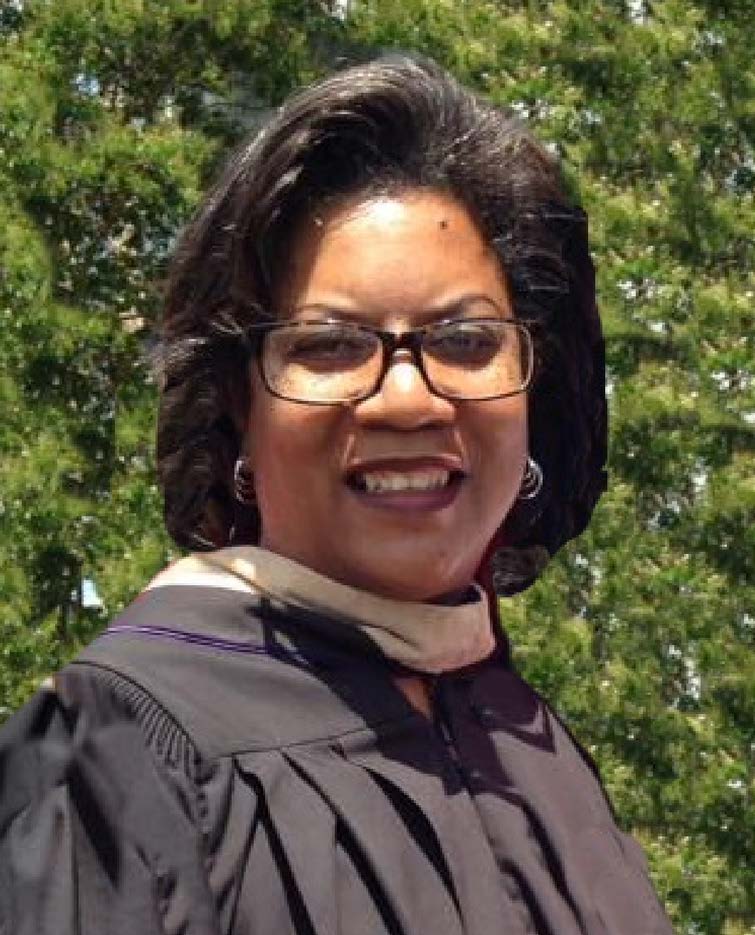
Andrea Rouse
Andrea C. Rouse serves as the Project AWARE Director for Sampson County Schools. She is a certified EC teacher and has taught in many areas of Special Education in Cumberland and Sampson County Schools. She also served as the EC Behavior Specialist for Clinton City Schools. She also worked summers as a therapeutic Foster Care case manager. Before teaching Andrea worked in many capacities of mental health. She served in the roles of Quality Manager and Training Director for a community agency. Andrea has also worked as a mental health agency accreditation consultant. She also worked in mental health as a Resource Referral Coordinator in the community. After many years in the private mental health domain, she worked in behavior health and psychiatric services at the Veterans Hospital in Fayetteville, North Carolina. Andrea holds a Bachelor of Science Degree in Business Administration: Management and Organizational Development from the University of Mount Olive and a Master’s of Science Degree in Business Leadership from Grand Canyon University.
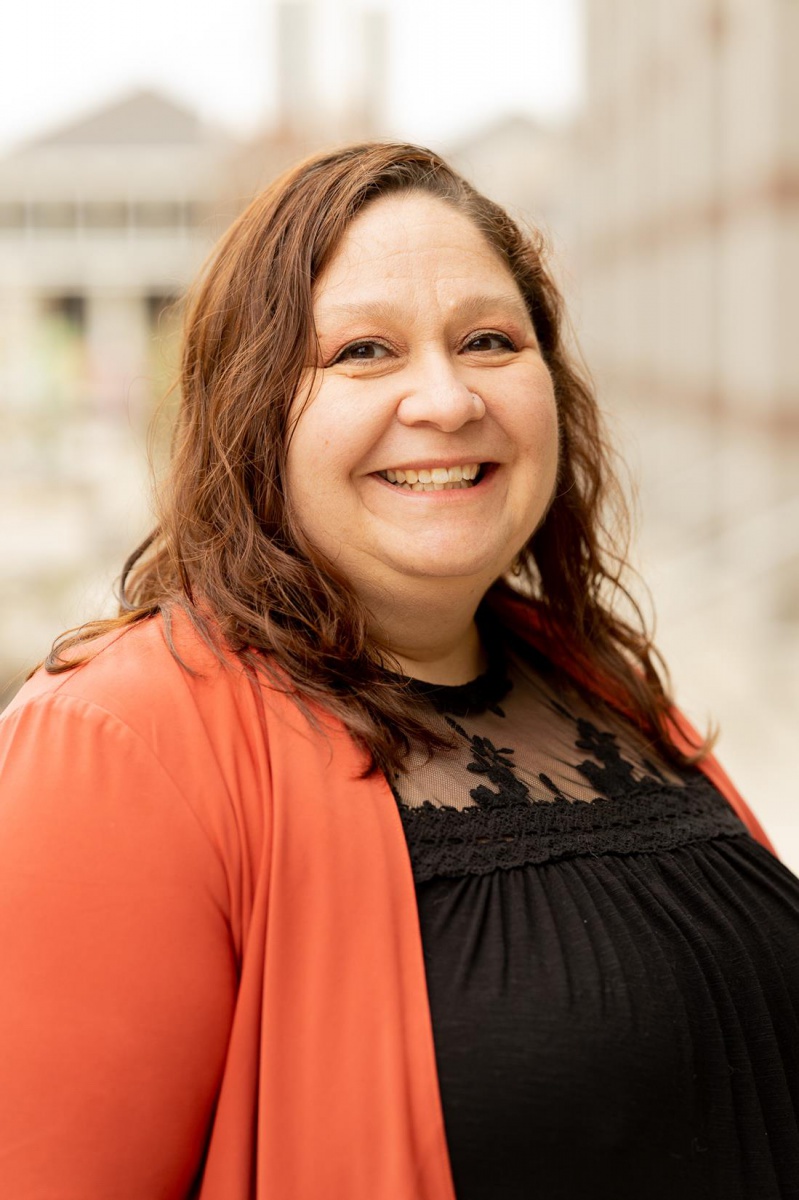 Kim Schlegel
Kim Schlegel
Kim Schlegel, MSW, LCSWA, CMC, is the Intellectual and Developmental Disabilities (IDD) Coordinator at the University of North Carolina at Chapel Hill for the North Carolina – Psychiatric Assess Line (NC–PAL) IDD Team. Ms. Schlegel is currently working with the NC-PAL IDD team to design and implement an intervention equipping primary care providers and clinical teams across North Carolina with training on best practices, clinical consultation, and the resource navigation support needed to support children with IDD and their families. She has supported individuals with IDD and their families for over twenty years in roles including IDD Care Manager, music therapist, staff supervisor, direct support staff, parent/family trainer, staff trainer, and temporary guardian. Ms. Schlegel is dedicated to creating and offering support to individuals with IDD and their families to ensure they have support to live their best lives in all environments.
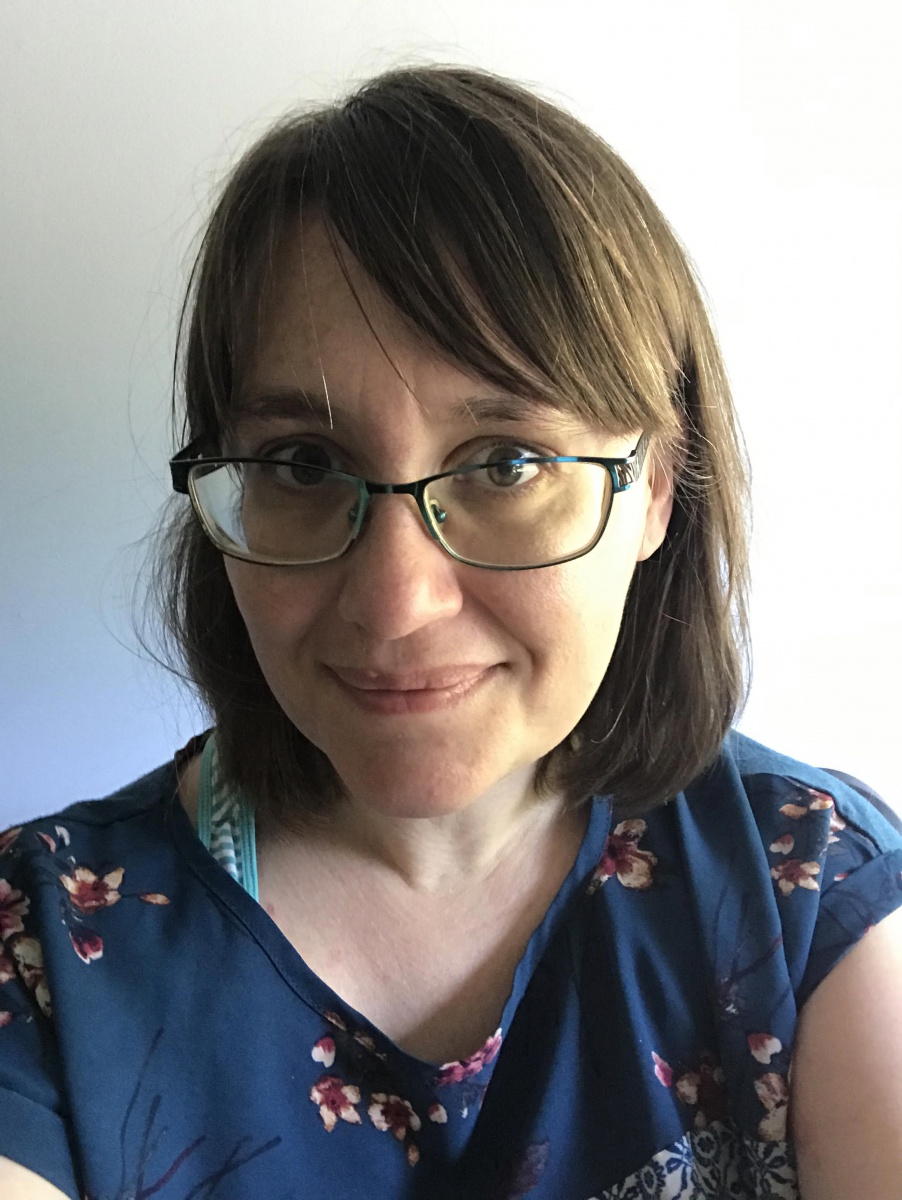
Eileen Slade
Eileen Slade, LCSW, is the assistant director of NC START Central, where she engages in systemic crisis prevention and intervention work for children and adults with I/DD. She received her MSW from UNC Chapel Hill in 2013 and has been doing various kinds of social work in the I/DD field since. She is a sibling of a person with I/DD, which informs her passion for developing inclusive, accessible, and neurodiversity-affirming social environments.
 Kelsey Smith
Kelsey Smith
Kelsey Smith, LMSW, IMH-E® is the Executive Director of the North Carolina Infant & Early Childhood Mental Health Association (NCIMHA). She is committed to racial justice and equitable opportunities for every child to grow and prosper. Kelsey was a founding member of Power of Two, a New York City child welfare organization focused on dismantling systems of oppression to support the city’s youngest residents, and has a background in attachmentbased parenting and home visiting. Kelsey has extensive experience in organizational growth and program development, cultivating and maintaining relationships, program design, training and implementation, and consultation. Kelsey holds a master’s degree from New York University School of Social Work and became Endorsed as an Infant Family Specialist in 2022.
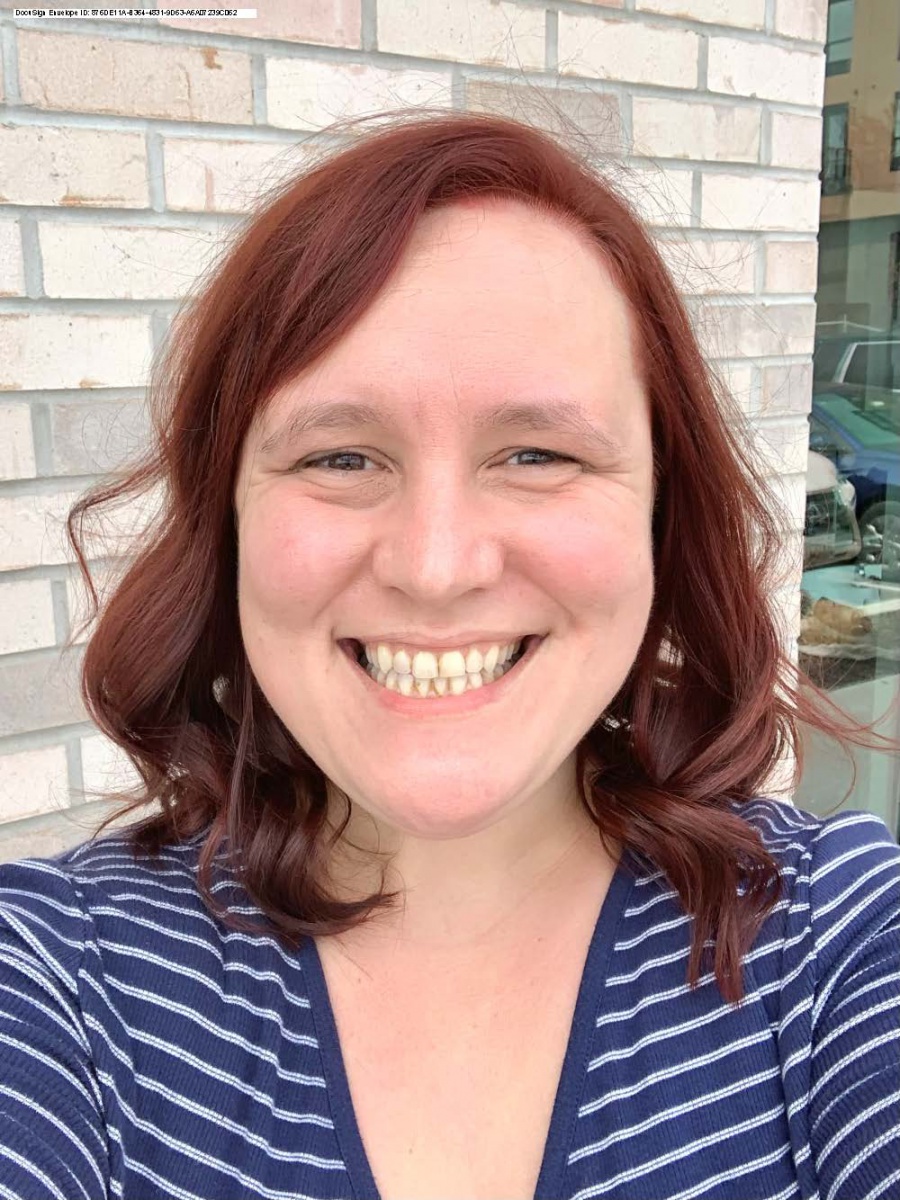 Lyndsay Smith
Lyndsay Smith
Lyndsay Smith is an LGBTQ+ equity trainer and consultant, as well as Senior Program Specialist for the Center of Excellence on LGBTQ+ Behavioral Health Equity. She has worked on initiatives that serve LGBTQ+ young people for over a decade and has developed trainings for thousands of professionals, including K-12 faculty, health care providers, and community-based organizations on LGBTQ+ culturally responsive practices. Lyndsay is an EdD student in the Educational Leadership program at Frostburg State University with a specialization in Adult and Professional Learning Facilitation, and she holds a Master of Science in Women's & Gender Studies from Towson University.
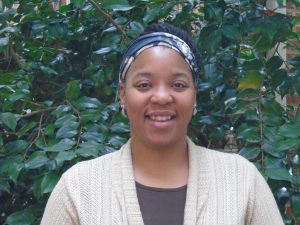 Asata Virgo
Asata Virgo
Asata Virgo, MAS-IFP, IMH-E® is an Early Childhood Education and Development Professional and Mental Health Specialist. Asata carries an Endorsement for Culturally Sensitive, Relationship-Based Practice Promoting Infant Mental Health® and is also a certified Infant-Toddler Family Specialist. Throughout her career, she has worked with children and families as an early childhood center educator, birth-to-five mental health clinician, family education facilitator, developmental specialist, and early childcare and education consultant and coach. Passionate about promoting holistic healthy child development, Asata focuses on infant-toddler mental(early relational) health. Her work centers around nurturing and strengthening those vital connections between children and their caregivers. Asata is a North Carolina Infant and Early Childhood Mental Health Association (NCIMHA) Advocate and Board Member. She is also a registered Circle of Security Parenting Facilitator and Circle of Security Classroom Approach Facilitator, Coach, and Coordinator. Outside of her professional work, Asata finds joy in spending time with her loved ones, immersing herself in the wonders of nature and the arts, and actively participating in service learning and development projects within her community. Having resided in North Carolina for 4 years on the lands of the Indigenous Lumbee people, she is dedicated to cultivating personal, professional, and community well-being.
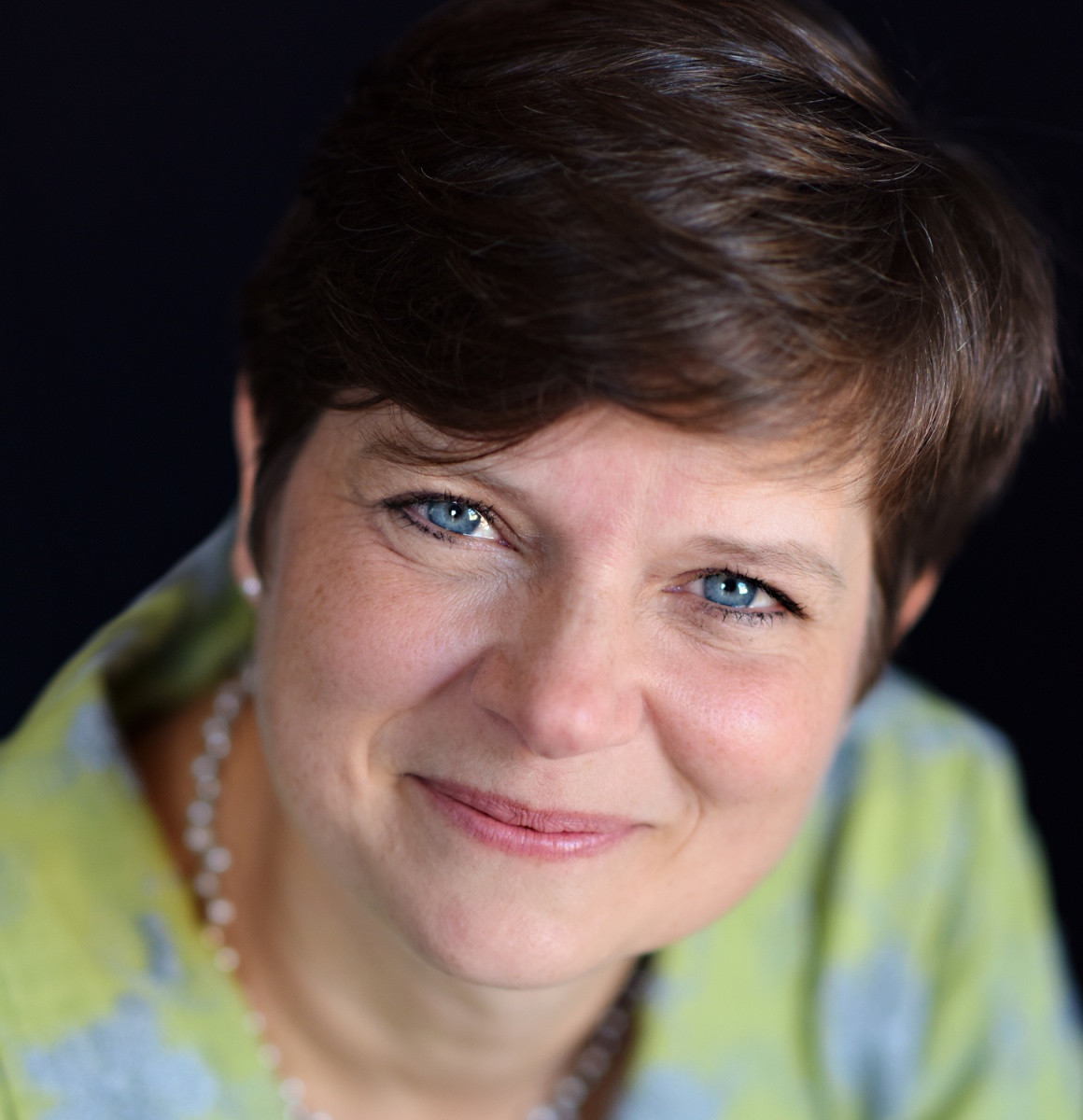 Susanne Walker
Susanne Walker
Susanne Walker Wilson, LCSW, LCAS-A, ITFS, IMH-E™ has been an early intervention in-home visitor and service coordinator, a parenting educator, an infant mental health therapist, a private practitioner with adults, a consultant and a trainer over her 30-year career. She’s lived in and practiced social work in inner-city Washington DC; Colombia, South America, and in rural western NC. Susanne is currently a trainer, fidelity coach, and consultant for Circle of Security International. For three years now, she’s coordinated Circle of Security Parenting (COSP) groups (and ongoing monthly COSP Reunions—by parent request!) for child-welfare-involved parents in a partnership between the non-profit Resources for Resilience and Buncombe County. Susanne leads strategic initiatives for systems change in early childhood underwritten by the Psychoanalytic Center of the Carolinas and is a co-creator and senior trainer of the Reconnect for Resilience model. Susanne’s focus is the intersection of early relational health, resilience, reflective practice, and public health prevention. A long-time member of the NC Infant and Young Child Mental Health Association, Susanne offers reflective consultation to early childhood professionals and clinicians statewide in NC as well as in Australia, the UK, and the Czech Republic. Reach out to her to learn more about: Endorsement through the NC Infant and Young Child Mental Health Association; the Attachment Network of NC, and reflective supervision for all contexts and especially in rural communities. All these are spaces that seek your diverse voices and participation for the long-term systems change work of promoting secure attachment and early relational health. There is room at the table!
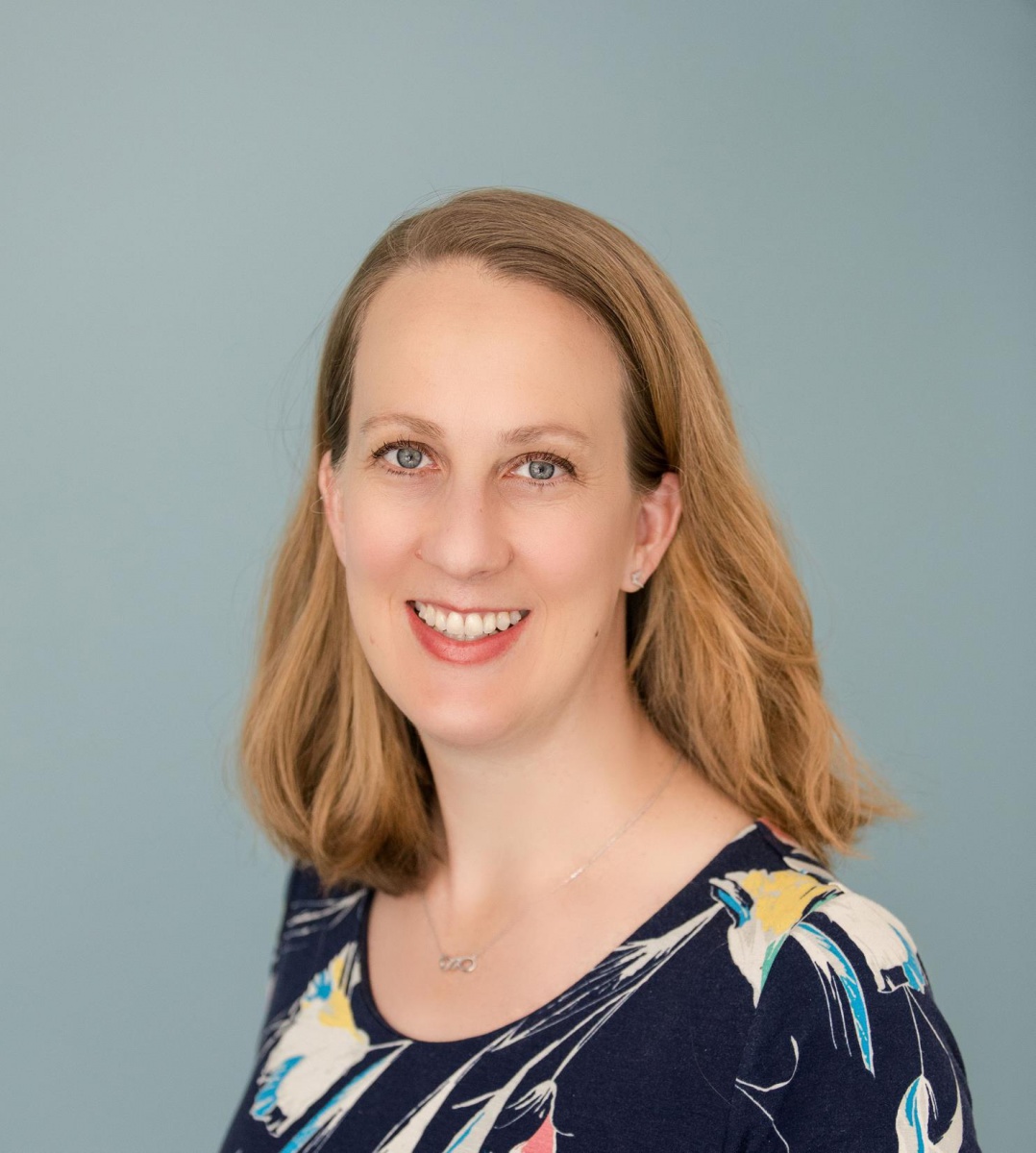 Mary Wise-Kriplani
Mary Wise-Kriplani
Mary Wise-Kriplani, PhD, LCSW, is the Project Director of the Advancing Resources for Children (ARCh) Project: Connecting NC’s Systems to Strengthen Infant and Early Childhood Mental Health Outcomes. She is also Clinical Faculty with the NC Child Treatment Program and part of the Child-Parent Psychotherapy (CPP) training team. Dr. Wise-Kriplani is on the DC:0-5™ Expert Faculty Roster, endorsed to facilitate trainings on its use as a diagnostic classification for the assessment of mental health disorders in infancy and early childhood. Her work focuses on developing a state work force skilled at assessing and treating mental health disorders experienced in early childhood, and she has particular interests in supporting young children who have experienced trauma, grief, and family death.



 Sharon Bell
Sharon Bell Mebane Boyd
Mebane Boyd Ruby Brown-Herring
Ruby Brown-Herring Audrey Chow
Audrey Chow Yvonne Copland
Yvonne Copland Stacie Forrest
Stacie Forrest Morgan Forrester
Morgan Forrester Michelle Franklin
Michelle Franklin Jessica Frisina
Jessica Frisina Felicia Gibson
Felicia Gibson Savannah Henderson
Savannah Henderson Jean Kerr
Jean Kerr


 Judy Oyedele
Judy Oyedele Amy Petersen
Amy Petersen Christina Peterson
Christina Peterson Uzama Price
Uzama Price

 Kim Schlegel
Kim Schlegel
 Kelsey Smith
Kelsey Smith Lyndsay Smith
Lyndsay Smith Asata Virgo
Asata Virgo Susanne Walker
Susanne Walker Mary Wise-Kriplani
Mary Wise-Kriplani